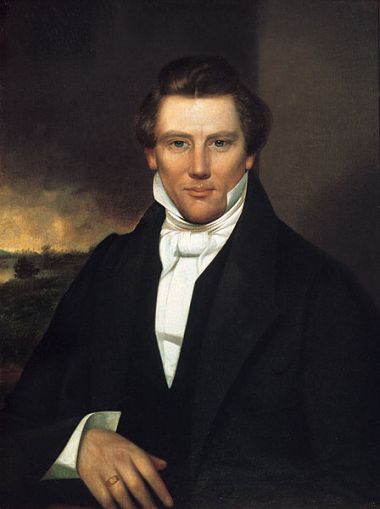Generations of inbreeding in fundamentalist Mormon sect blamed for explosion in disease that leaves children severely mentally and physically disabled

Members of a fundamentalist Mormon sect living in a remote part of America are a million times more likely than the rest of the global population to suffer a rare genetic disease that negatively affects facial features and mental faculties.
Dr Theodore Tarby was the first to notice it in members of the Fundamentalist Church of Jesus Christ of Latter-Day Saints, when he first diagnosed it in a 10-year-old boy in 1990.
According to the BBC report, the boy's facial features were unusual with a prominent forehead, low-set ears, widely spaced eyes and a small jaw, and he was severely physically and mentally disabled. The doctor couldn't figure out what it was until a urine sample came back from a specialist lab diagnosing fumarase defifiency. There were only 13 known cases of it in the world at the time - one in 400 million.
But it wasn't only him. It turned out his sister, who they thought had cerebal palsy, had the disease too.
The number of sufferers in the FLDS community has grown dramatically and now the likelihood of being born with the condition in the sect is over a million times above the global average.
Doctors believe it has flourished in the sect more than in other places because of its polygymous beliefs, with many of its members being related to each other. The gene is recessive, meaning it only gets passed down to the children if both parents happen to carry it. That becomes an issue in a polygymous community where people are marrying other people they are closely blood related to, as it increases the chances of both parents carrying the gene.
The reclusive FLDS community settled in Hilldale and nearby Colorado City, Arizona, back in the 1930s after polygamy was banned by the state of Utah and medical experts trace the surgance of the disease back to its founders Joseph Jessop and John Barlow.
The original carrier of the mutative fumarase gene is traced to Jessop and his first with Martha Yeates, with whom he had 14 children, but it's believed to have passed into Barlow's bloodline when he married one of Jessop and Yeates' daughters.
The community of Hilldale/Colorado City is small, numbering only 7,700 people and the BBC reports that some men are even kicked out to prevent a shortage of wives for the polygamist husbands, shrinking the gene pool even further.
Not surprisingly, the surnames Jessop and Barlow dominate the community as their descendents have intermarried over the years.
It poses serious questions about the future of the sect but they refuse to take any action to prevent it spreading. Dr Talby said he advised that they place a ban on two people marrying if they both have the gene. If an already married couple has it, they should not have any more children and, controversially, abort any unborn fetus that tested positive. According to the BBC, the community has ignored his advice and do not believe in the opinion of medical experts that the condition is gene-based.











